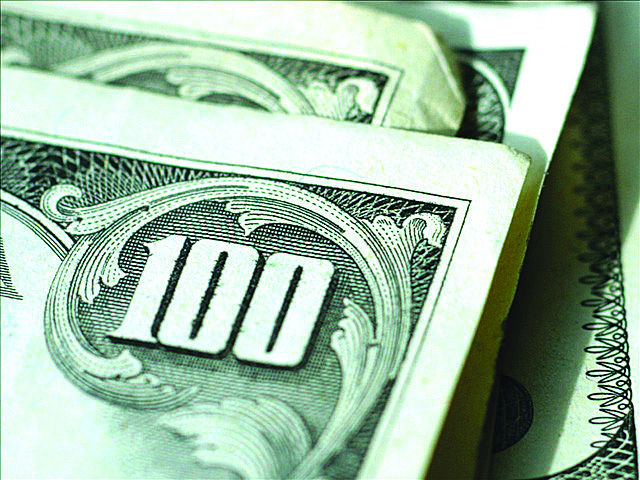HARLINGEN — Harlingen will receive slightly less sales tax revenue this month from the Texas Comptroller’s Office than it did last month.
The city is receiving $2.386 million, a decrease of 1.53 percent from the same month last year when it received $2.423 million.
Mayor Chris Boswell wasn’t too concerned about the decrease, which amounts to about $40,000. That’s a pretty small decrease in the overall picture, he said.
“We’re still in the black for the year thus far, while some communities are not, so I’m pleased about that,” Boswell said. “So far it looks like the peso devaluation is affecting other communities more than ours.”
This month’s “decrease” is actually a significant increase from last month when the city received $1.713 million. Boswell said at that time the peso devaluation had caused a decrease in Mexican shoppers.
Raudel Garza, chief executive officer for the Harlingen EDC, also addressed the affect of the peso devaluation.
“The recent peso devaluation is certainly hurting retailers along the border and in communities highly dependent on the Mexican consumer,” Garza said. “Some Harlingen retailers have experienced slower months, but overall we have steady growth in the retail sector.”
In eight of the the last 12 months, Garza said, Harlingen has experienced the highest taxable retail sales ever.
“Harlingen is a retail hub as is evidenced by our numbers,” he said. “We continue to gain more in sales tax receipts than all other Valley cities except for Brownsville and McAllen.”
The sales taxes received in February reflect sales in December.
Statewide, Texas Comptroller Glenn Hegar is sending cities, counties, transit systems and special purpose taxing districts $867.1 million in local sales tax allocations for February. This is a 0.7 percent decrease from February 2015.
“Energy-centric cities such as Odessa, Midland, Corpus Christi and Houston continued to see decreases in sales tax allocation,” Hegar said. “Other areas of the state helped to somewhat offset those losses as cities such as San Antonio, Austin, Fort Worth and Dallas saw moderate increases in allocations.”
Locally, San Benito and Raymondville both did very well.
H San Benito is receiving $432,718, a 5.98 percent increase from last year.
H Raymondville is receiving $171,649, a 14.88 percent increase from last year.
McAllen’s sales tax receipts decreased from what it received in February 2015. The city is receiving $7.601 million for sales made there in December. This is a 2.5 percent decrease from 2015 when it received $7.833 million.
Mercedes’ monthly sales tax revenue saw a significant decrease.
The town is receiving $1.063 million this month, a 5.94 percent decrease from last year.
Other cities also posted sales tax increases and decreases.
H Brownsville is receiving about $4.116 million, a decrease of 2 percent from last year.
H Edinburg is receiving $2.219 million, 6.32 percent more than the $2.087 million it received in February 2015.
H Weslaco posted a 13.4 percent decrease and will receive $1.227 million. A year ago, the city received about $1.417 million.
– Texas cities are receiving $560 million this month, a decrease of 0.1 percent from last year.
– Counties are receiving $51 million, a 6.6 percent decrease from last year
– Transit systems are receiving $195.5 million, a decrease of 0.6 percent.
Special Purpose Taxing Districts are receiving $51.7 million, a 0.7 percent decrease from last year.





